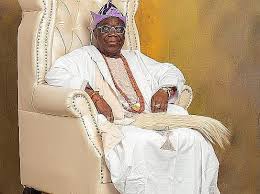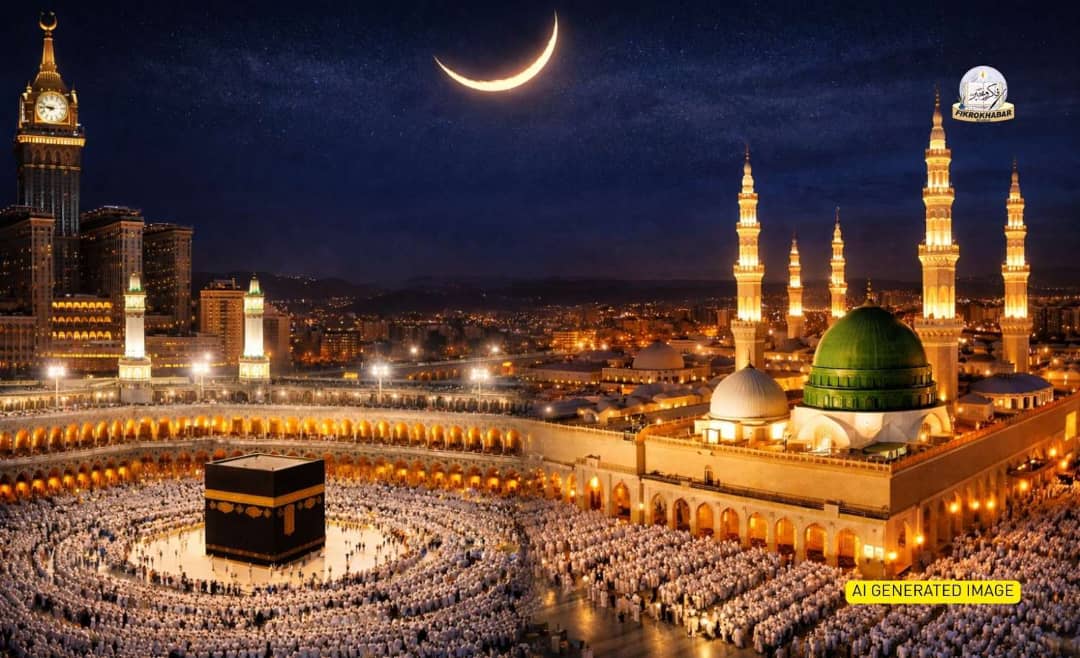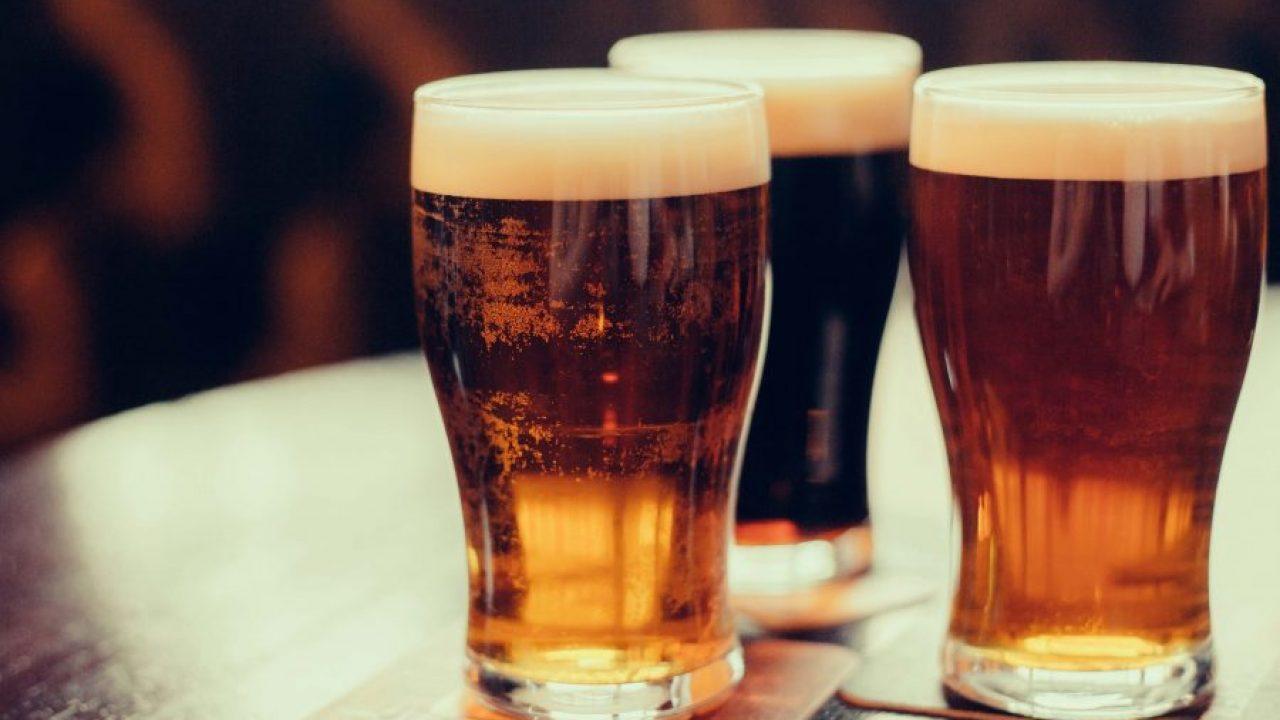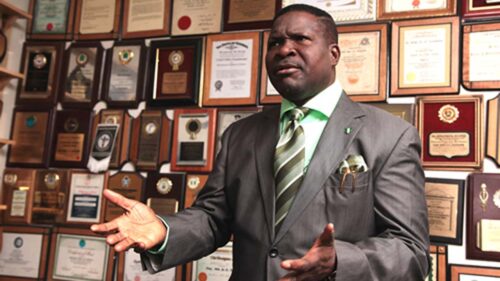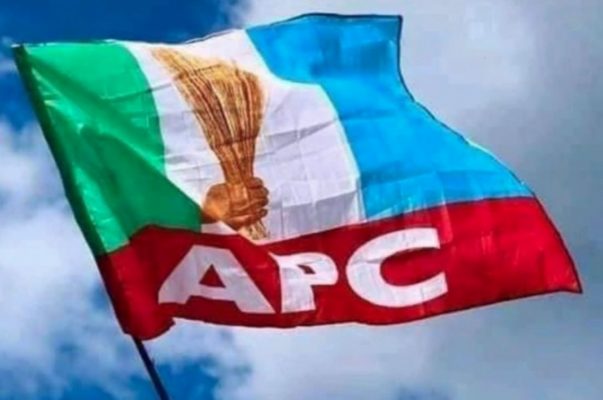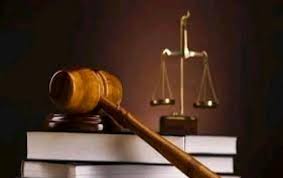Saudi purge demonstrates ruthlessness of crown prince
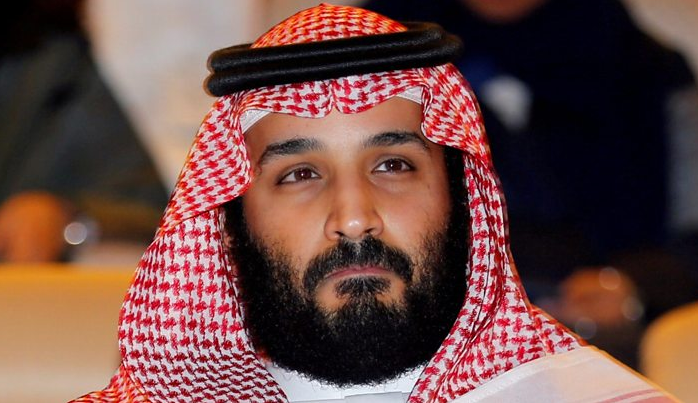
Big things are happening in Saudi Arabia. Princes, ministers and top businessmen are being arrested, detained in a luxury hotel, accused of corruption, their planes grounded and their assets seized.
The driving force behind this is 32-year-old Crown Prince Mohammed Bin Salman, who also heads the newly formed anti-corruption committee.
So what’s this all about? Is it really about corruption or is it nothing more than a power grab by Crown Prince Mohammed bin Salman? The answer is it’s both.
Corruption is rampant in Saudi Arabia. Bribes, sweeteners and lavish kickbacks have long been an integral part of doing business in the world’s richest oil-producing nation.
Many of those appointed to key positions amassed astronomical wealth – in some cases running into billions of dollars – far beyond their government salaries, much of it stashed away in offshore accounts.
The country can’t afford this. It has a young, fast-growing population and it needs to find meaningful jobs for them and fund projects that will employ them.
The crown prince – backed by his father, the 81-year-old King Salman – is going after some of the richest men in Arabia for several reasons.
He wants to send a signal that the old way of doing business is no longer acceptable, that Saudi Arabia needs to reform and modernize if it is to survive as a successful nation in the 21st Century.
The government he leads would love to get its hands on some of these offshore private assets, estimated by some to total as much as $800bn (£610bn).
But where does it end? The attorney general has already announced that “phase one” of the purge is complete, implying there are more arrests to come.
Read Also: Saudi Prince Mansour bin Muqrin dies in helicopter crash
The ruling Al Saud family has never revealed how much of the nation’s oil wealth goes to which princes and their families, and there are thousands of them.
In 2015, the crown prince reportedly bought himself a yacht from a Russian businessman for 500m euros ($580m; £440m).
So while many ordinary Saudis are welcoming this purge of the rich and famous, in the hopes that some of their wealth will be redistributed to the general population, it is not yet clear where the line will be drawn on this investigation.
This is of course, about power too.
At 32 years old, Prince Mohammed bin Salman – or MBS, as he is known – has already amassed extraordinary control over the key levers in the country.
He is the youngest defence minister of any major country, and is also driving an economic development programme, declaring his intention to wean Saudi Arabia off its dependence on oil revenues.
As his father’s favored son, he runs the all-powerful Royal Court, and he has some useful allies.
After a visit to Washington and President Donald Trump’s trip to Riyadh in May, there is now a close bond between the crown prince and the White House.
He is largely popular with the young, despite dragging the country into a seemingly unwinnable war in Yemen and executing a damaging boycott against neighbouring Qatar. But he also has enemies.
The old guard in Saudi Arabia is rattled.
For a start, the elevation of such a young, untested prince to be next in line to the throne has upset the usual line of succession.
Part of last Saturday’s purge included the removal of Prince Miteb bin Abdullah as head of the National Guard.
Prince Miteb was never a credible threat to the crown prince, but the National Guard has been run by former King Abdullah and then his son for 51 years.
A whole network of patronage and tribal alliances has now been thrown into doubt.
The crown prince knows that to drive through his modernizing reform programme he may meet resistance, but he is now demonstrating a steely ruthlessness in removing anyone or anything that could get in his way.
There is no-one left in Saudi Arabia with any obvious powerbase to challenge the rise to power of the crown prince and he could well become king and rule for the next half-century.
Some among the royal family are grumbling that he is taking on too much too quickly, but perhaps more worrying is how the religious conservatives will react in the long-term.
The Al Saud depends on these clerics for their legitimacy to rule the home of the two holiest places in Islam, Mecca and Medina (the king carries the title “Custodian of the Two Holy Mosques”).
So far, the clerics have accepted the curbs on their power and in September acceded to the lifting of the ban on women driving, which they always resisted.
But how will they react when cinemas and other Western-style forms of entertainment are introduced as planned?
How will the huge and well-connected Saudi business community react to the anti-corruption purge? Will international capital flow in or out?
Most importantly, can the crown prince deliver on his promise of jobs for the nation’s youth?
In time, history will decide whether the purge begun on Saturday night has set the course for a better, cleaner Saudi Arabia, or whether it has started to melt the glue that holds this complex country together.




